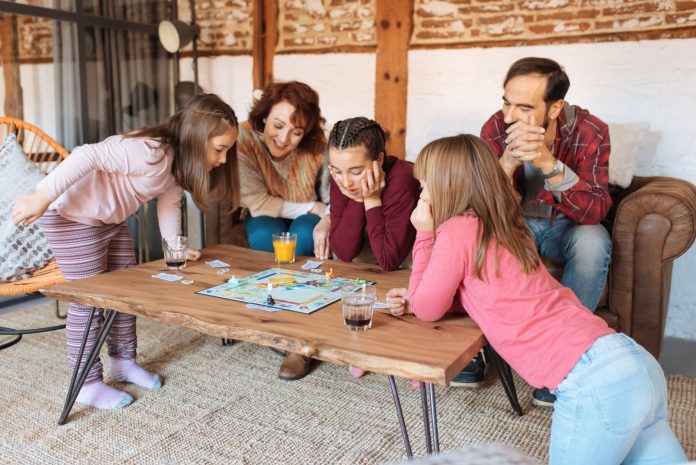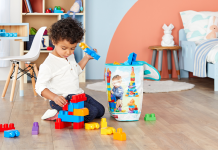From learning respect to navigating how to lose, the benefits of playing are so important when it comes to childhood development.
Play is not just essential for kids – it can be an important source of relaxation and stimulation for parents too.
Playing with your children is important because it creates a safe space for them to express themselves in ways that they wouldn’t do at nursery school or with a nanny.
And while there are loads of benefits in it for the children, there are also benefits to parents that are often glossed over. Solarpop’s Stefan Roets shares the power of play for everyone involved.
Play is how children learn about the world, themselves and each other. It’s as much a part of healthy development as eating veggies, reading books together and getting a good night’s sleep. It is a basic right for every child, and practised at home, it is more casual, freeing children up try new things and be more creative.
“The benefits of play are both emotional and behavioural, and include building imagination and creativity, fostering cognitive growth, improving literacy, encouraging independence and promoting physical fitness.”
But what about play as an adult? As we age, we tend to let go of the kid in us, focusing instead on the responsibilities and priorities of adulthood. But playing with kids can also benefit adults in significant ways – you learn patience, and how to give instructions that your children can understand; it brings joy to daily life, helps relieve stress, boosts mental health and can even enhance physical well-being.
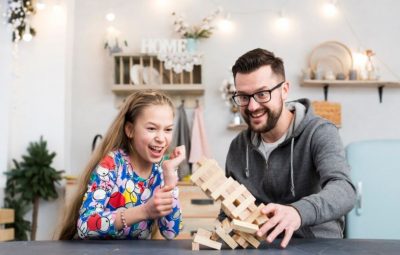 There is no right or wrong way to play. It’s anything from sticking a hand in mashed potatoes to playing with video games or staring out a window. It looks different depending on the day and the child. If you are a parent, spending time playing with your little ones is an excellent way to forge stronger family relationships.
There is no right or wrong way to play. It’s anything from sticking a hand in mashed potatoes to playing with video games or staring out a window. It looks different depending on the day and the child. If you are a parent, spending time playing with your little ones is an excellent way to forge stronger family relationships.
“While free play is important, so is the type of play where there are rules,” says Stefan.
In this case there needs to be uniformity, as this ensures that everyone playing has a good time.
“As an adult, it teaches you how to teach. When children have no prior experience of a game, the adult has to show and communicate how the game is to be played. This helps you to understand how best to communicate with your child which, as they grow older, becomes a very important factor in your relationship with them. If you are able to talk to them and vice versa, the relationship will be one of open communication.”
Board games are a great way to teach skills, engage with your children and also enjoy yourself in the process. It can be a quick game that lasts a few minutes or a longer game that takes you to an hour, but it’s all about spending time engaging with your kids doing something you all enjoy.
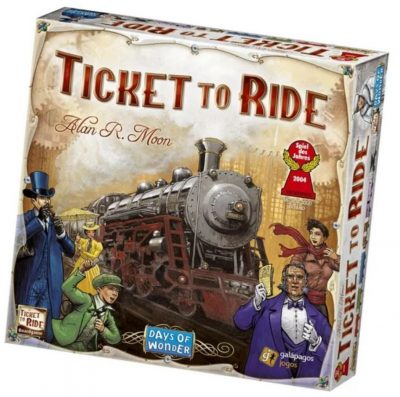
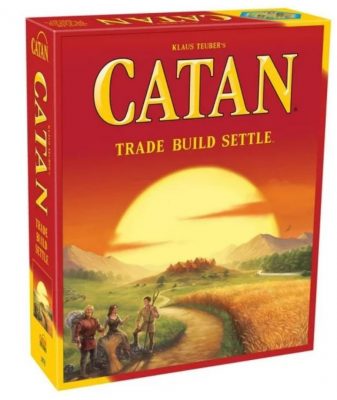
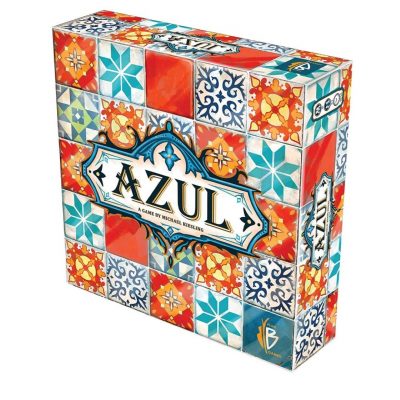 “Games teach many skills including adaptability, strategy, creative thinking and forward thinking,” says Stefan who adds that when playing board games – like Catan, Ticket to Ride or Azul – as a parent you can hang back a bit and give them the time to understand a concept and experience how the rules are applied.
“Games teach many skills including adaptability, strategy, creative thinking and forward thinking,” says Stefan who adds that when playing board games – like Catan, Ticket to Ride or Azul – as a parent you can hang back a bit and give them the time to understand a concept and experience how the rules are applied.
“I often play board games with my young nieces and I always have three or four rules: you wash your hands before you play; you must always play fairly; there is no arguing, because everyone wants to have a good time; and lastly, everybody shares the task of packing away and tidying up.”
Stefan says these rules teach respect.
“If you look after your things, they will last longer and you can get more enjoyment out of them. If you play fairly everyone will enjoy themselves, and there will be anticipation for the next time around.”
Another benefit of playing is that it teaches kids how to lose.
“In sports, to be a good winner you need to have experienced what it feels like to lose. Someone who doesn’t know how to lose doesn’t know how to win. Playing a game with your kids where there can only be one winner helps them to experience this, so that at school, in sports and in adult life when things don’t go their way, they know that there will be another opportunity … a next time to win.”

